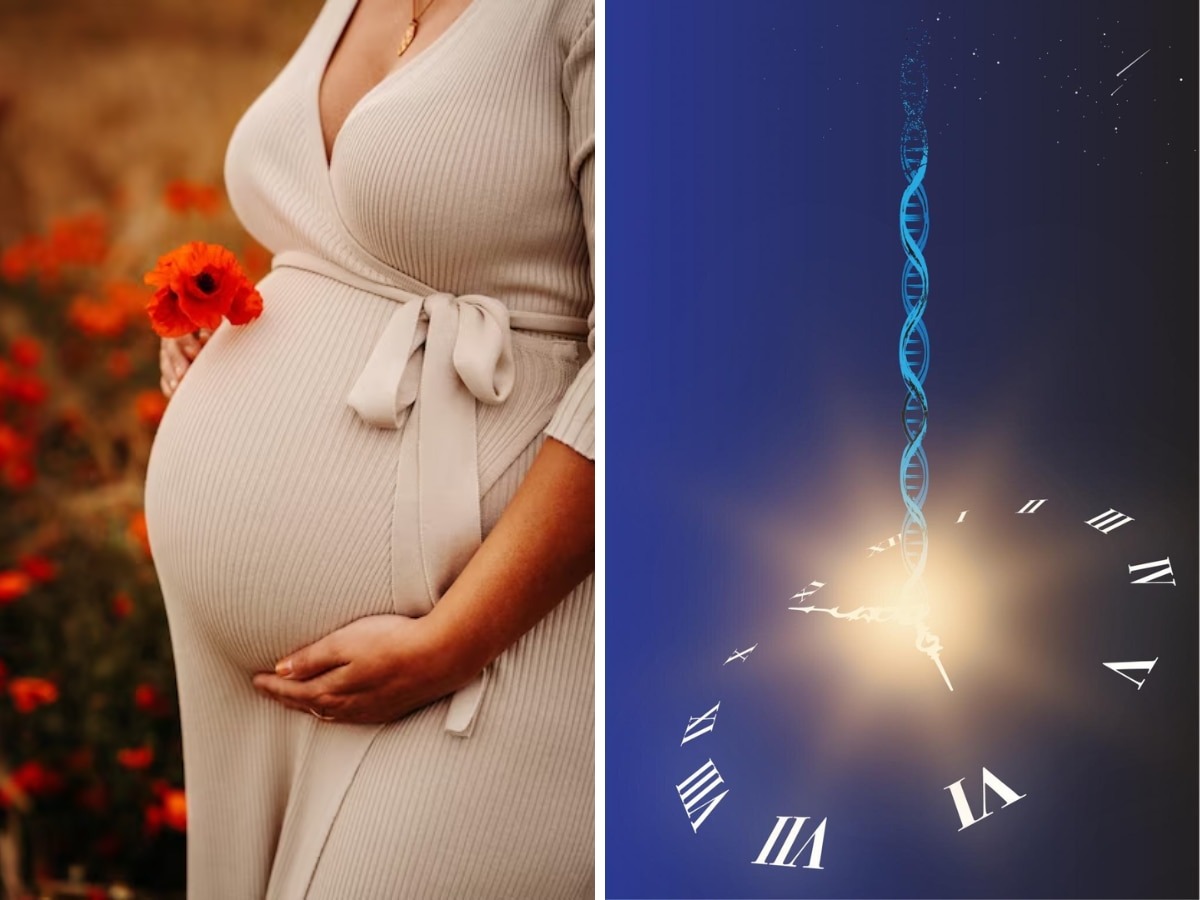 Pregnancy, a natural process exclusive to women, entails a multitude of experiences ranging from discomfort to bodily changes and sacrifices. While the realities surrounding pregnancy are widely known, a study published in the Proceedings of the National Academy of Sciences has brought forth revelations that may astonish many.
Pregnancy, a natural process exclusive to women, entails a multitude of experiences ranging from discomfort to bodily changes and sacrifices. While the realities surrounding pregnancy are widely known, a study published in the Proceedings of the National Academy of Sciences has brought forth revelations that may astonish many.
The Study: Insights Revealed
The study, conducted by researchers from the Mailman School of Public Health at Columbia University in New York, delved into the lives of 1735 women residing in the Philippines. Their reproductive histories and DNA samples were examined to understand the impact of childbirth on women’s bodies.
The Effect of Pregnancy on Biological Age
Increased Biological Age Post-Pregnancy
Findings from the study revealed a rapid increase in age among pregnant women. This phenomenon is particularly pertinent for women who become mothers at a young age.
Longitudinal Study Findings
Through research involving 825 young women, it was discovered that with each pregnancy, a woman’s biological age, referring to the state of her cells, could advance by two to three months. Monitoring these women for up to six years, it was evident that the more pregnancies a woman experienced, the faster her biological age progressed.
Explaining Biological Age
Chronological Age vs. Biological Age
Biological age differs from chronological age, which simply reflects the number of years one has lived. Biological age, on the other hand, gauges the age of a person’s cells.
Cellular Aging
Cellular aging, influenced by various factors including lifestyle and environmental exposures, plays a significant role in determining biological age.
Gender Disparities in the Study
Interestingly, the study did not observe similar effects in men, suggesting that the phenomenon is intrinsically linked to pregnancy or breastfeeding.
Possible Causes and Implications
The study prompts speculation about the underlying causes of this phenomenon. It raises questions about the physiological toll of pregnancy on women’s bodies and the potential long-term implications for their health.
In conclusion, the study underscores the complex interplay between pregnancy and biological age, shedding light on a previously underexplored aspect of women’s health.
 Suspense Crime Sach Ka Dam
Suspense Crime Sach Ka Dam


